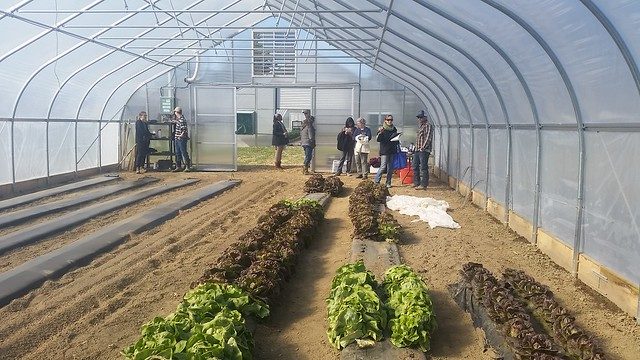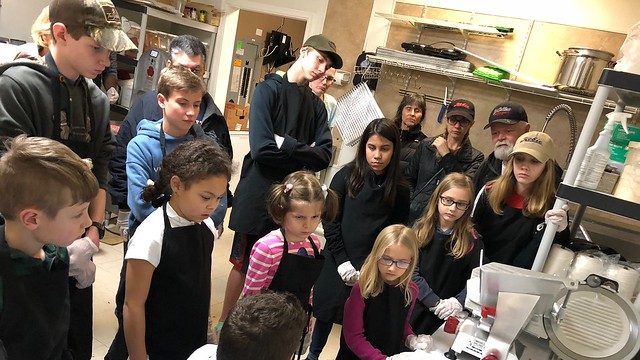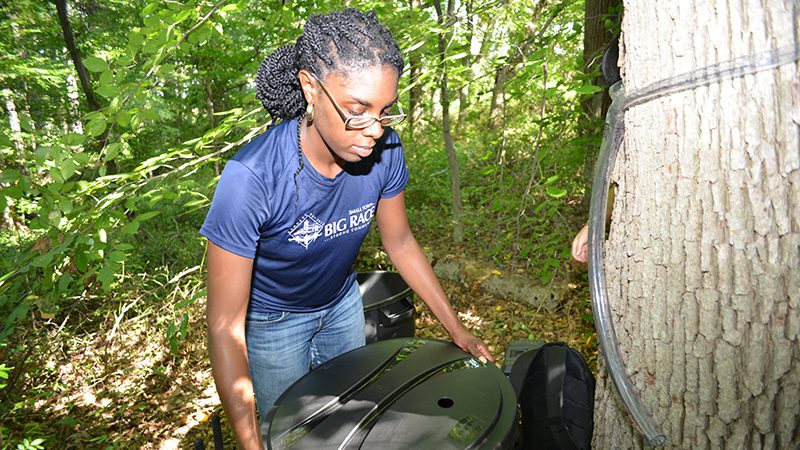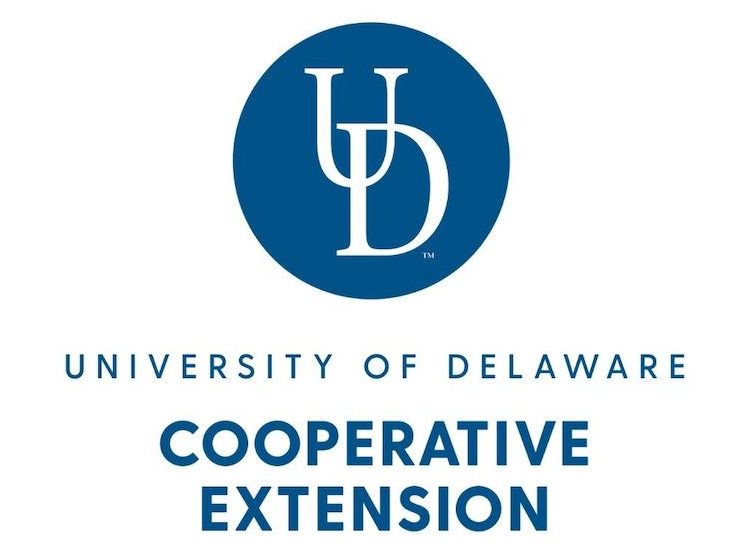
Welcome to UD Cooperative Extension
In 1869, the University of Delaware (UD) College of Agriculture and Natural Resources was established as the state’s land-grant university with a mission consisting of three elements: teaching, research and “extension”.
Cooperative Extension fulfills the third part of this mission: bringing knowledge to the people of Delaware. Today, we offer university knowledge, research and resources — just for you! You have questions.
We have expert answers. From nutrition , Master Naturalist , Master Gardeners to 4-H youth clubs and programs that support local agriculture — UD Cooperative Extension has something for everyone!
Make a DIFFerence
Getting involved with UD Cooperative Extension is an excellent way to support and improve your Delaware community. Whether you're volunteering as a 4-H Adult Leader or donating to supporting an Extension Scholar, your local Master Gardener program, UD Cooperative Extension is grateful to have your involvement!
AGENTS FOR CHANGE

Each year, impact statements summarize the accomplishments of our educational efforts! The latest impact statements are available in both text and infographic formats.
Trending Stories
-
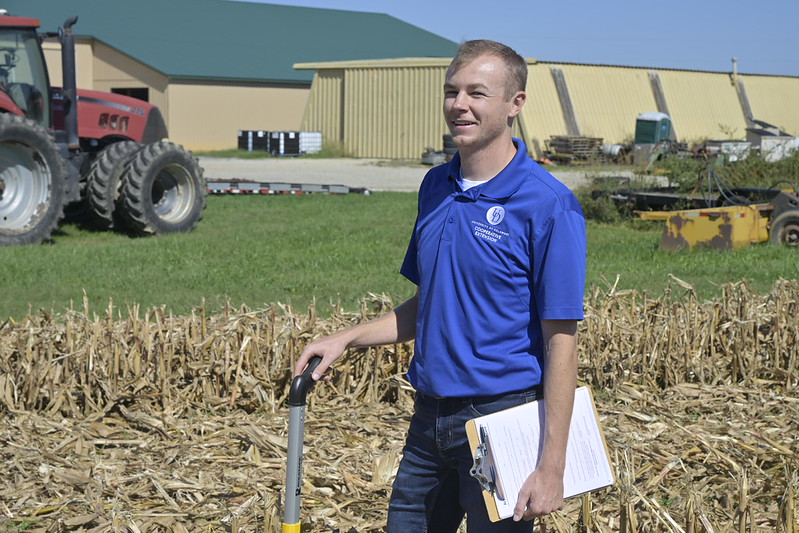
Ep. 6: Delaware Ag Week with Drew Harris
January 28, 2026 | Delaware Farm Bureau - Stories from the Field Podcast Ep 6The Delaware Farm Bureau sat down with Drew Harris of University of Delaware Cooperative Extension, to learn more about Delaware Ag Week and his role as Kent County extension agent. -
A 4-H Family
January 23, 2026 | Written by: Molly SchaferThe Webb Family of Greenwood, Delaware, is deeply committed to 4-H. In 2006, Double Dels Scott and Elaine (Zeitler) Webb established the Peach Blossom 4-H Club. Their children, Leslie and Leighton Webb, grew up in the club and now, as adults, volunteer alongside their parents. Leslie is also a UD alumna. -
Poultry safety in spotlight after bird flu case in Kent County
January 12, 2026 | Written by Tiffany Amber | WBOCA positive bird flu case in Kent County put the poultry industry in the spotlight at Delaware Agriculture Week. University of Delaware Cooperative Extension’s Georgie Cartanza, statewide poultry agent, said farmers are going to need to adapt as the virus continues to evolve. She emphasized the importance of biosecurity, such as barn-dedicated footwear, to keep the virus at bay. -
Beyond the Tinsel: How to Make Winter Truly "Bearable" This January
January 12, 2026 | Written by: Kim Silva, 4-H Extension AgentOnce the holiday lights come down and the New Year’s champagne has lost its fizz, January can feel a bit daunting. The evenings are still long, the air is crisp, and the "post-holiday slump" is a very real phenomenon. However, the heart of winter doesn't have to be a season of waiting—it can be a season of intentional joy. Whether you are looking to embrace the "cozy" or spark a new passion, here are some ways to brighten your home and your mood this month.
Additional information: Office Locations & Staff Directory | Civil Rights Statements | Annual Impact Statements








